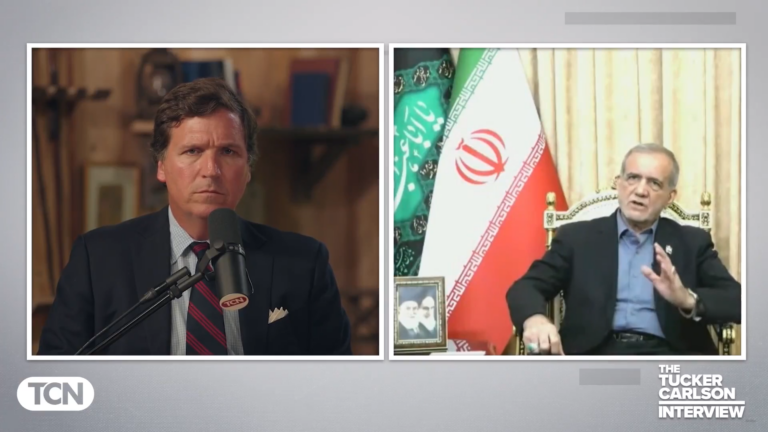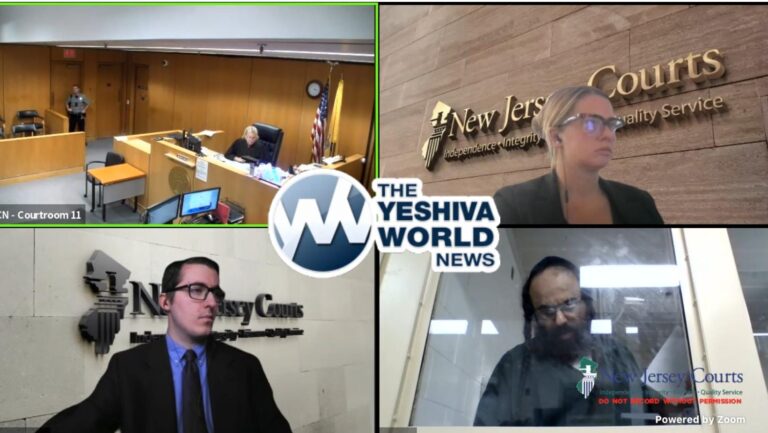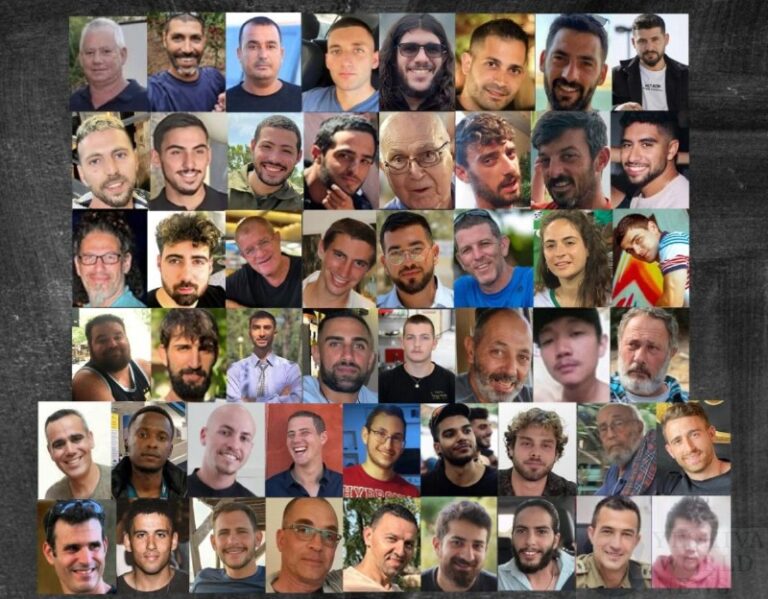Only two changes were made in the election of the members of the Chief Rabbinate of Israel Council on Wednesday evening. Rabbi Simcha Weiss, the rav of Kfar HaRoeh and Rabbi Shimon Yitzchak HaLevi, the rav of Nesher. The two rabbis removed from the council were Rabbi Avraham Yosef [who was compelled to resign as part of a plea bargain agreement] and Rabbi Yosef Glicksberg, the rav of Givatayim.
In addition, all the other eight rabbis remained in office. In fact, this is the third term, in light of the deal between the Bayit Yehudi party and the chareidi parties, led by Deputy Defense Minister Eli Ben-Dahan. According to the deal, the candidates of the three parties will be the serving rabbis on the council. Rabbi Yitzchak Halevi, the rabbi of Nesher, received the most votes of members of the electorate. It was also agreed upon in the above-mentioned deal that Rabbi HaLevi would replace Rabbi Avraham Yosef.
The ten rabbonim area Rabbi Yaakov Rosa, Rabbi Yitzchak Ralbag, Rabbi Simcha Weiss, Rabbi Yaakov Shapira, Rabbi Yitzchak David Grossman, Rabbi Yitzchak Levy, Rabbi Shimon Gad Elituv, Rabbi Shmuel Eliyahu, Rabbi Ratzon Arussi and Rabbi Yitzchak Peretz.
The Chief Rabbinate Council serves as a sort of rabbinic board of directors, and it make the critical decisions pertaining to religion and state for the nation. Itim and the Ne’emanei Torah V’Avodah organizations send a harsh message of criticism to the chareidi parties pertaining to the way the elections were conducted. “Anyone who cares about the connection between the Jewish people and Judaism must be concerned,” they wrote.
Rabbi Shaul Farber, Chairman of Itim: “The statistics show again and again that the public is sick of the way the Rabbinate conducts itself, and it distanced itself from Judaism because of the nature of its encounter with religious services. Instead of choosing rabbis who are attentive to the needs of the moment, they leave the situation as it is for deals and political quiet.”
“It is difficult to understand how a deal was agreed upon that allowed the continuation of the current council’s term and the sub-representation of religious Zionism in the Rabbinate Council,” said Tani Frank, head of the Religious & State Affairs department of the Ne’emanei Torah V’Avodah organization”.
(YWN Israel Desk – Jerusalem)










